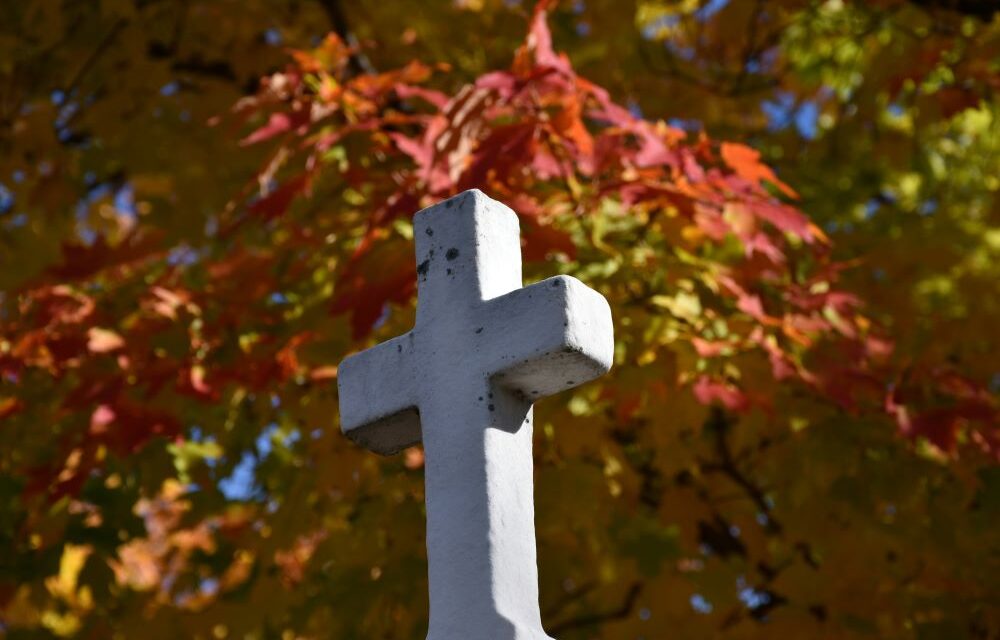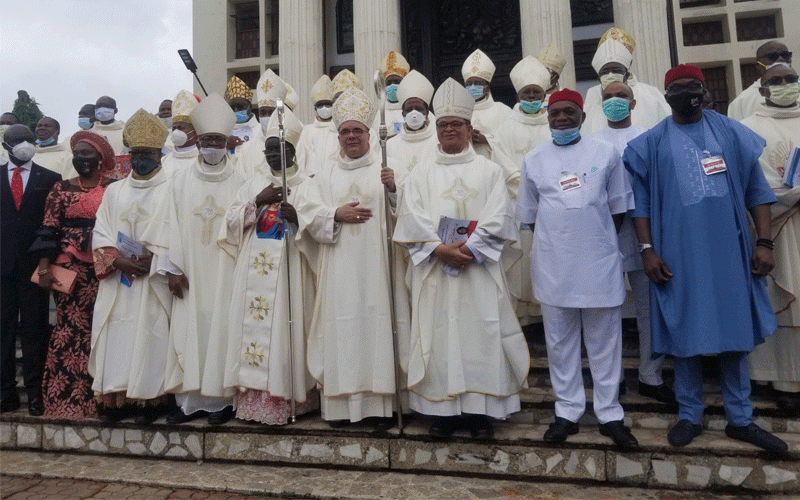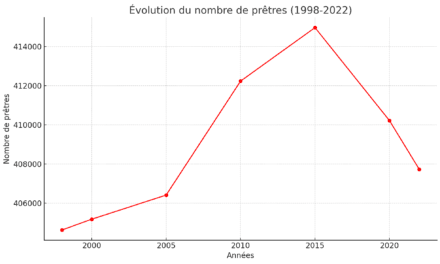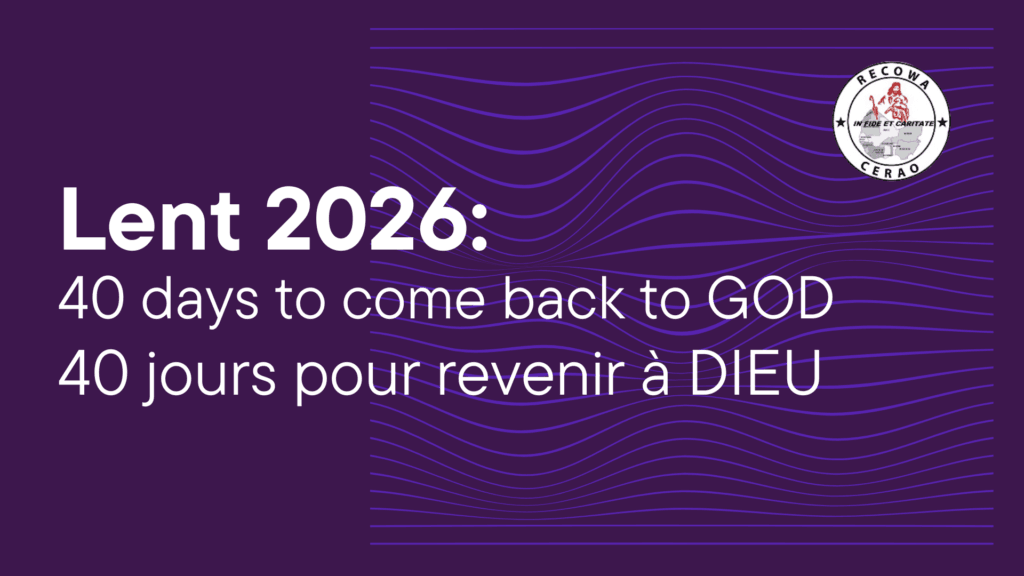It is the vocation of professional theologians to apply the faith of the church to ordinary life and contemporary issues. In exceptional cases, this call can be deeply personal when the subject is Christian death. For Richard Gaillardetz, a prominent theologian at Boston College and former president of the Catholic Theological Society of America, a diagnosis of terminal pancreatic cancer in February of 2022 led to a rare invitation to engage his own dying in a series of faith reflections that culminated with his death on November 7, 2023.
While I Breathe, I Hope: A Mystagogy of Dying presents those reflections, first offered as short essays on CaringBridge, an online journal of support for family and friends. The book’s title, translated from an ancient Latin saying, « Dum spiro, spero, » conveys the heart of Christian hope to transcend the fact and inevitability of human death with faith in the resurrection of Jesus. The subtitle places this challenge within the same formation newly baptized Christians enter at Easter as they immerse themselves in the central claim of the paschal mystery of Jesus as key to their journey to maturity in their newfound faith.
Gaillardetz’s own immersion in this same mystery deepened as his theological formation prepared him well to bear witness to its power to define the Christian life. After two decades teaching theology in Texas and Ohio, Gaillardetz joined the faculty at Boston College in 2011. During his career, he published numerous articles and authored, co-authored or edited 12 books on authority and structure in the church and on the reforms of Vatican II, including An Unfinished Council: Vatican II, Pope Francis, and the Renewal of Catholicism and Keys to the Council: Unlocking the Teaching of Vatican II. His time at Boston College encompassed many of the controversies marking the end of the papacy of Pope Benedict XVI and that of Pope Francis, whose commitment to advance Pope John XXIII’s vision of the church renewed toward a synodal model of governance has defined his papacy.
Gaillardtetz’s high-profile role at Boston College and national reputation in the theological community became the backdrop for his cancer treatments, which began just before Lent of 2022 and ended with his death as the church entered Advent of 2023. The book marks his 20-month journey through the church’s liturgical cycles and offers a compendium of resources and voices from within the historical and contemporary witnesses to the meaning of Christian death and the promise of life after death.
Gaillaretz’s reflections invite readers into the intimate challenges of his cancer treatments. CT scans, infusions of drugs designed to retard and destroy cancer cells, retesting and rest to deal with debilitating side effects defined his life. The months of treatment the Gaillardetz family faced meant periods of exhaustion and loss, followed by times of recovery before the next round of infusions.
Gaillardetz writes of the humbling experience of physical dependence and the struggle to accept total support from his wife, Diana, and their adult children and their families, followed by respites of recovery, even travel and family celebrations as testing suggested the next stages to confront a cancer regarded as terminal. The family’s commitment to living each moment with hope is evident, making this book an important resource for other cancer patients planning their treatment strategies with realism and faith.
The book also takes up a number of hard questions surrounding death and the place of God in human prayer and life’s inexplicable suffering: Who is God in our personal appeals for healing and help? What assurance is there in praying for the sick, in celebrating the sacraments and in uniting our sufferings to the cross of Christ as somehow redemptive? How do we surrender to Providence and the inevitability of death as part of natural life?
Gaillardetz’s last offering, like that of many parents, spouses, friends and believers who depart this world, may be in reserving his last breaths as an invitation to us to continue to hope not in visible signs but in what exceeds all words, the universal belief that love is stronger than death. A public life of service to the church is now completed by a public sharing of the experience of gratefully accepting death embraced by Christian hope.
- CATHOLIC ARCHBISHOP IN GHANA HAILS POPE LEO XIV AS GOD’S GIFT - 23 mai 2025
- POPE LEO XIV TO APPROVE CANONIZATIONS - 22 mai 2025
- THE EVOLUTION OF PAPAL TRANSPORTATION - 20 mai 2025







